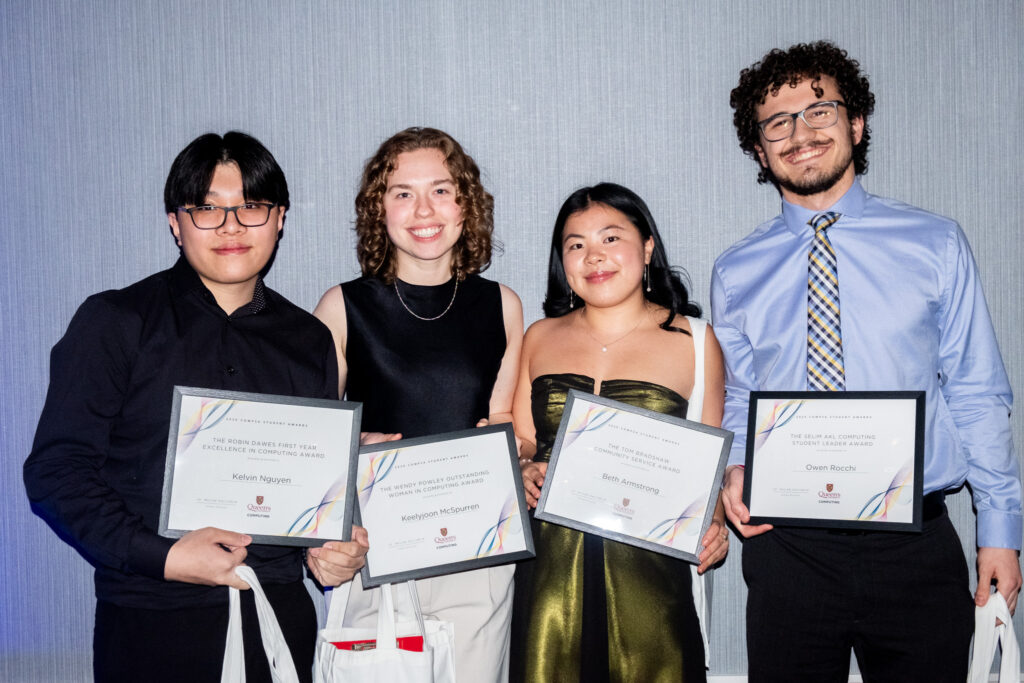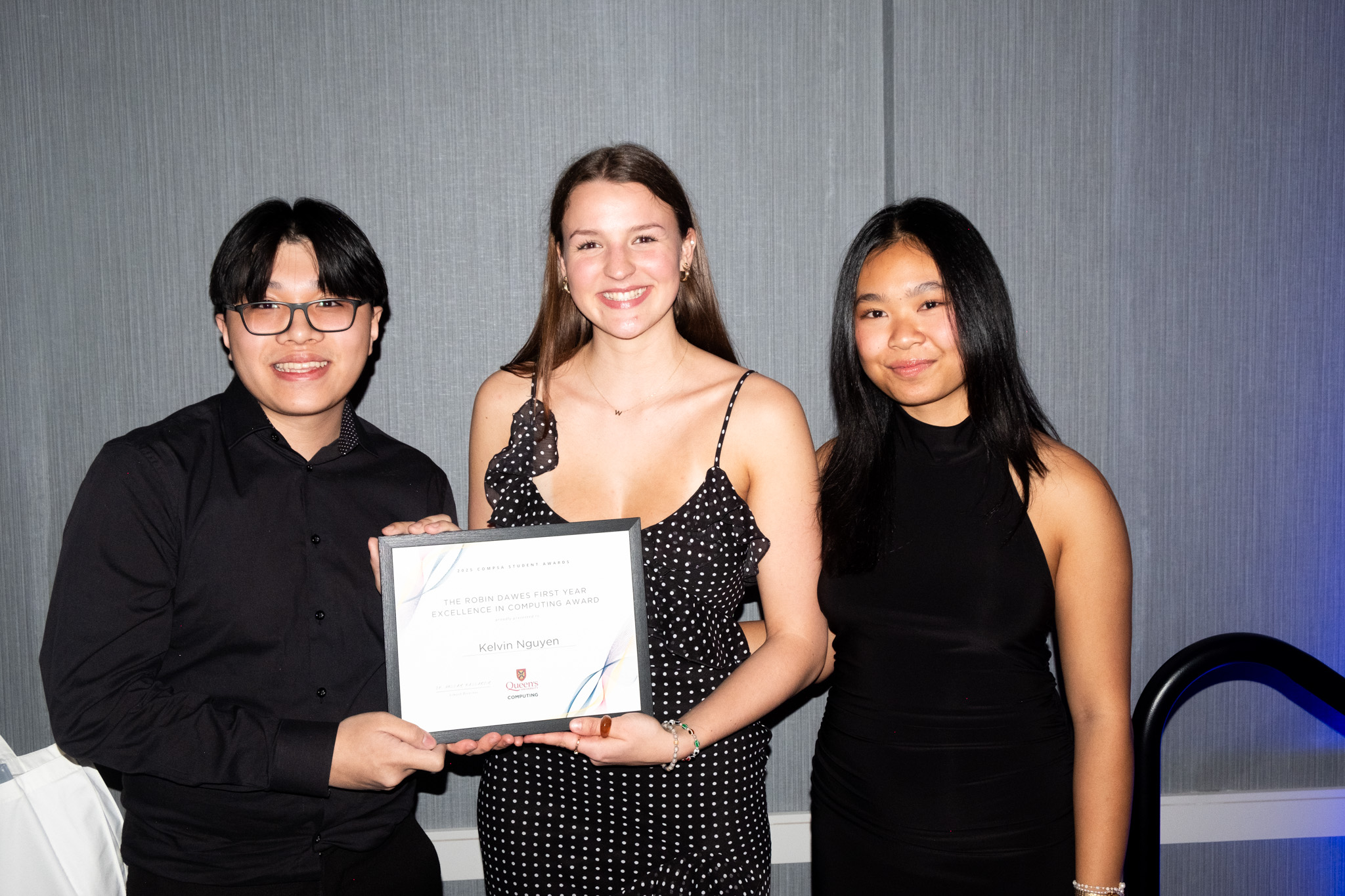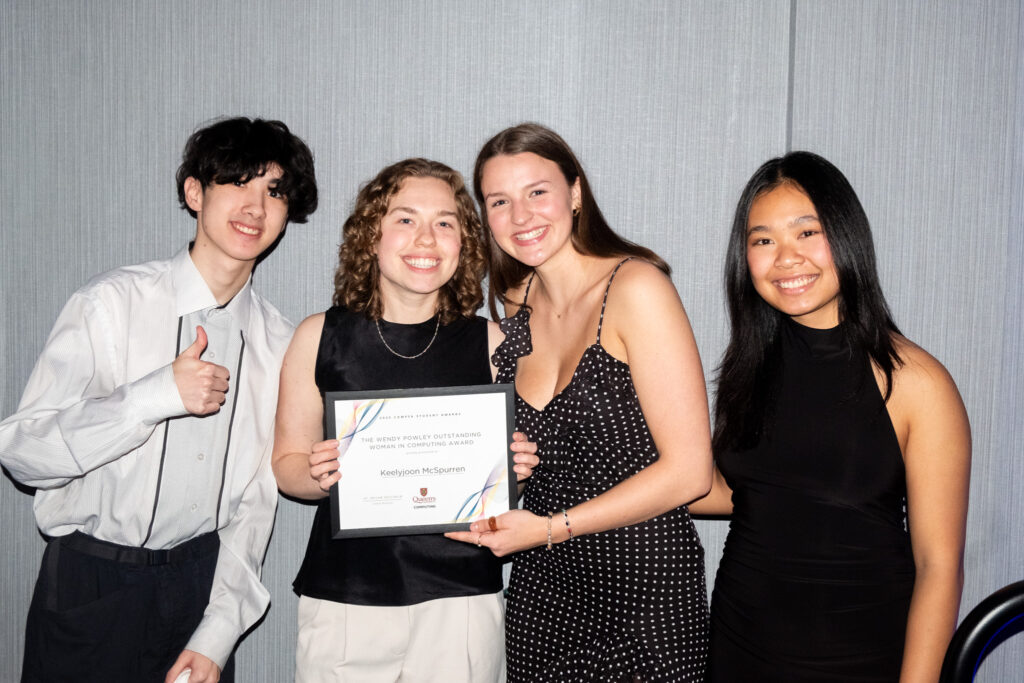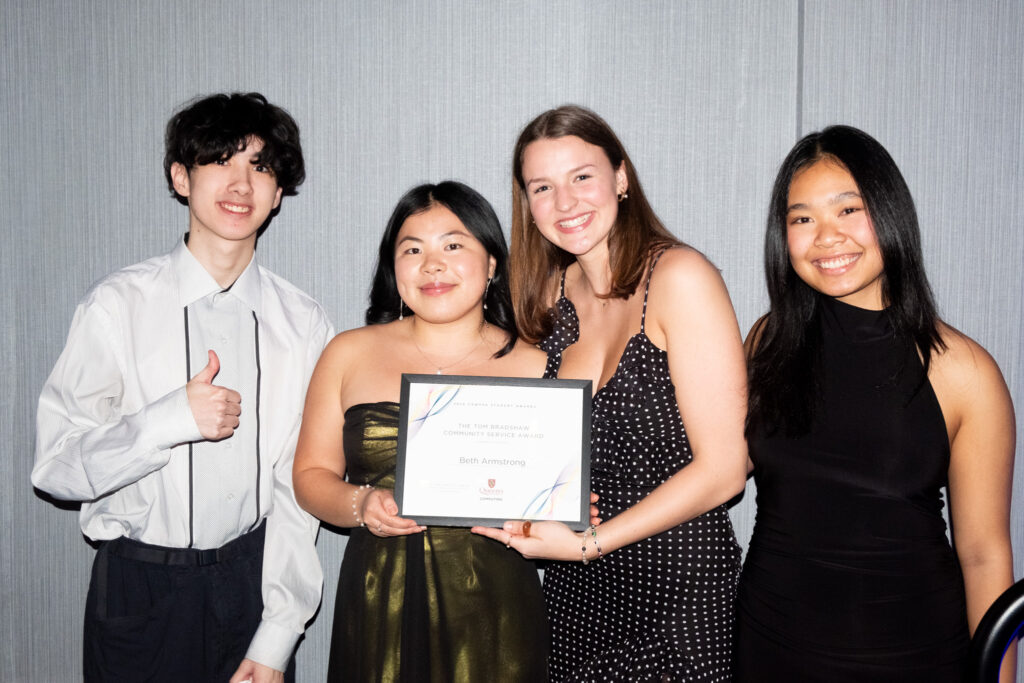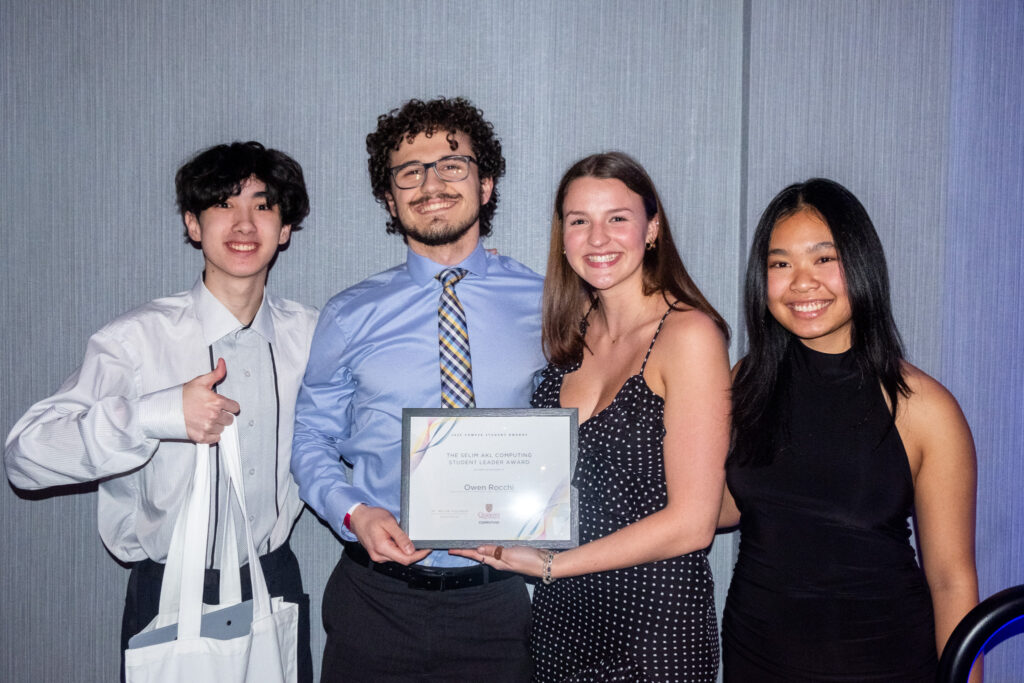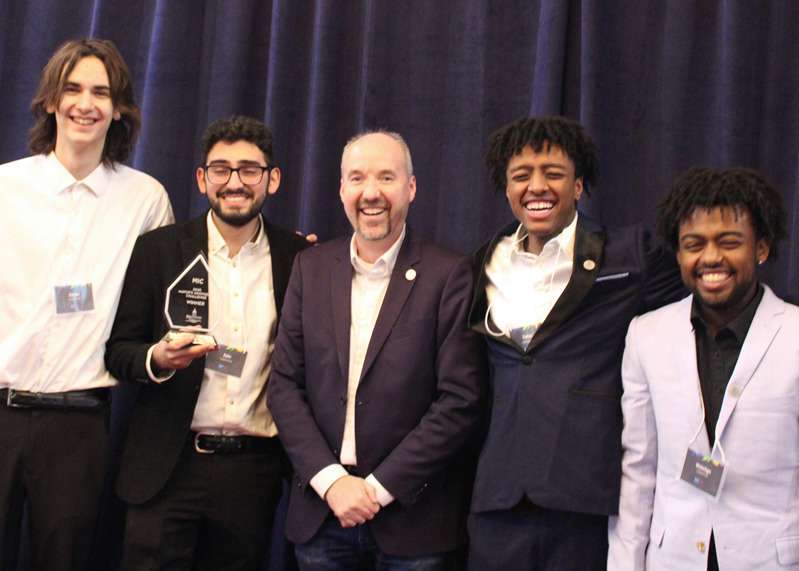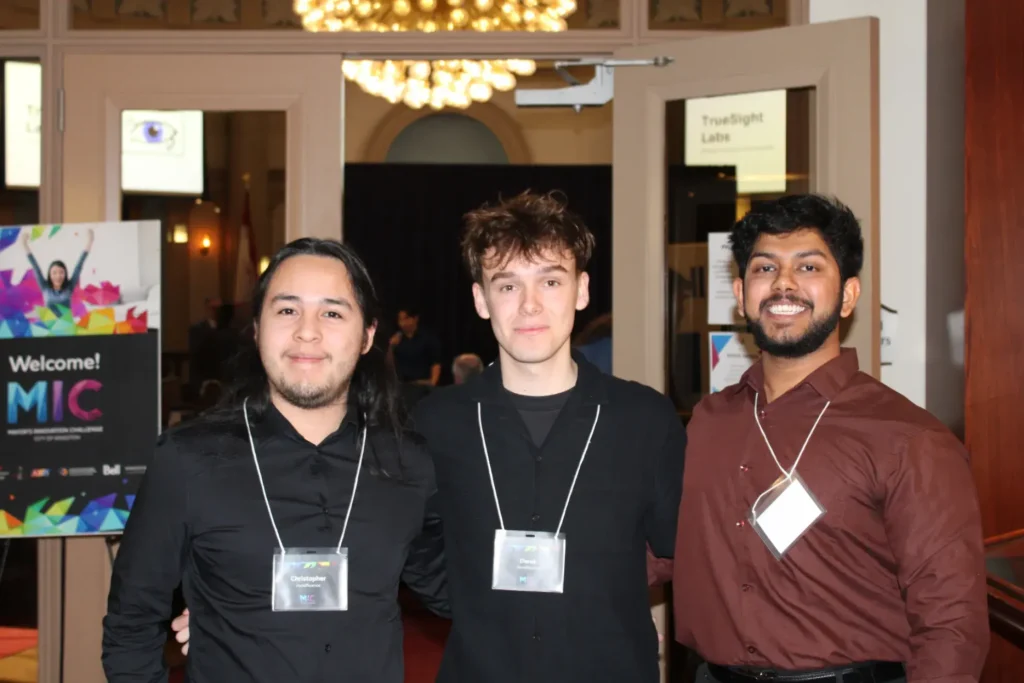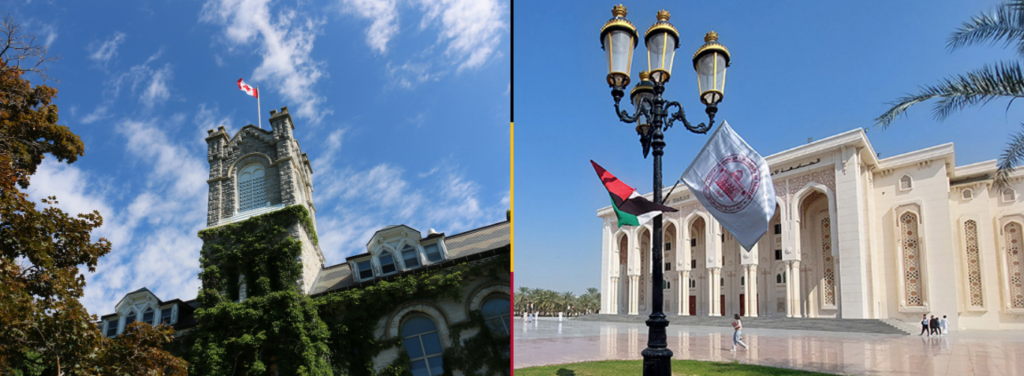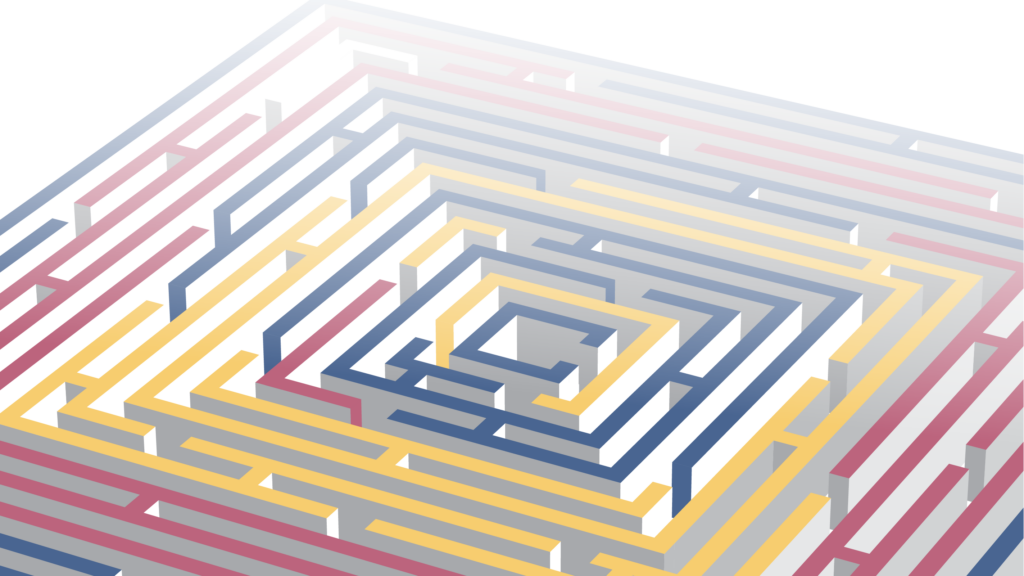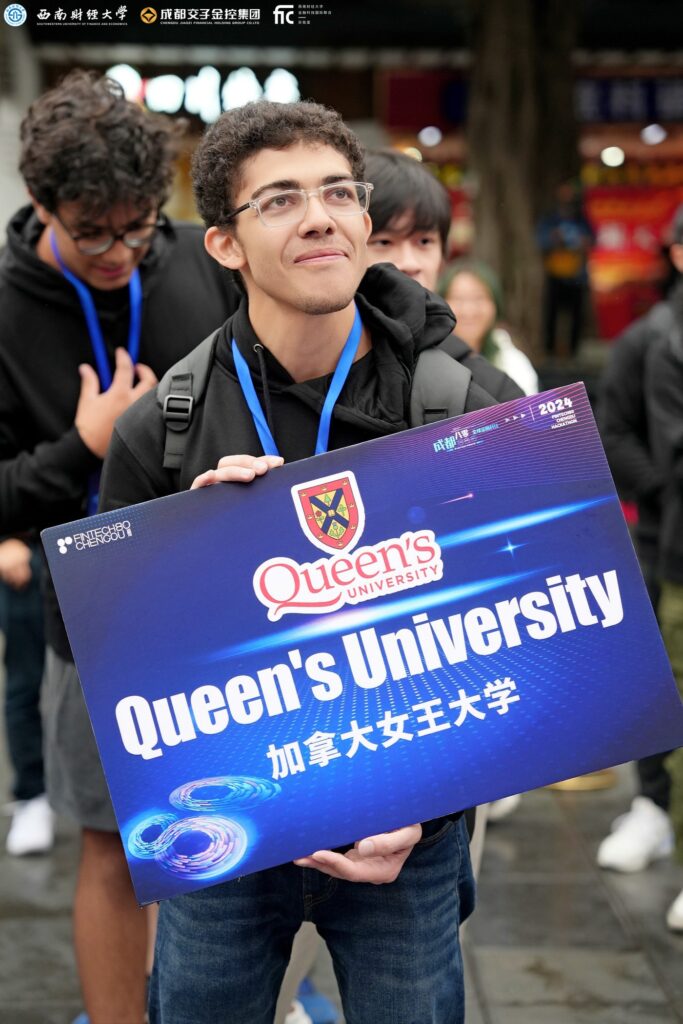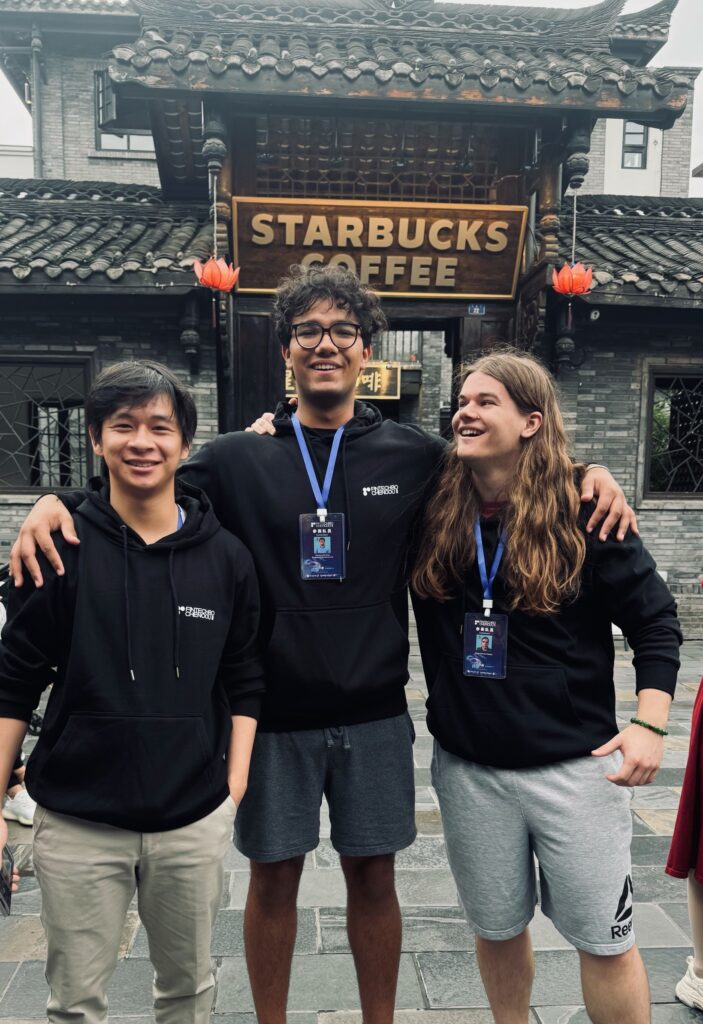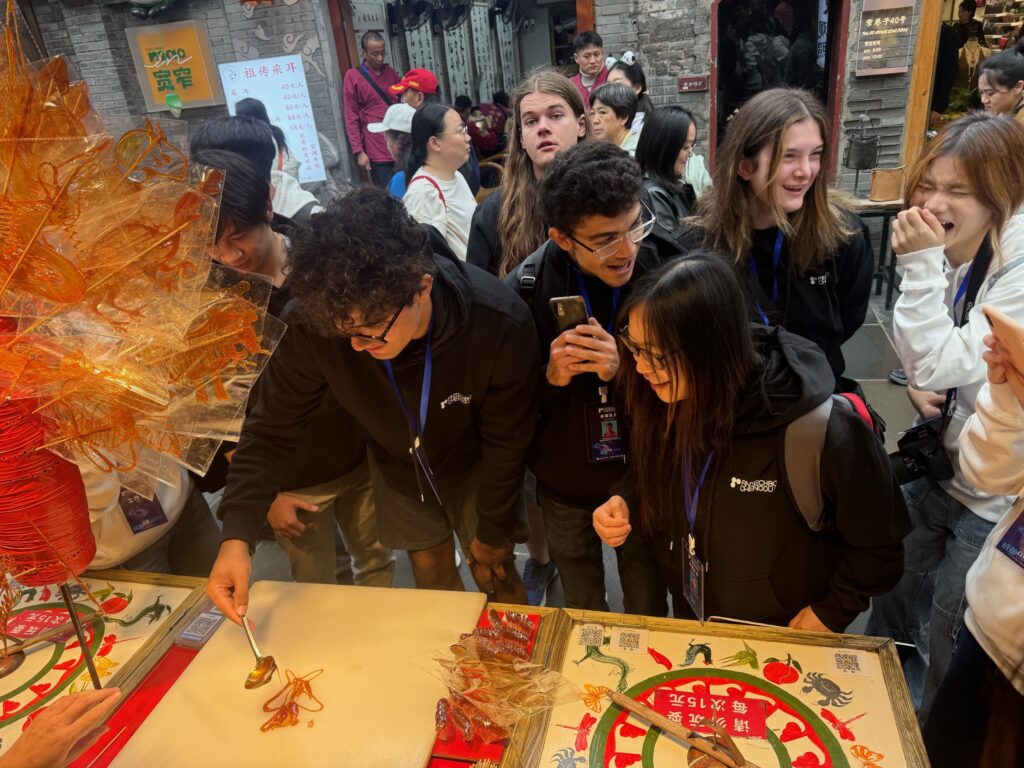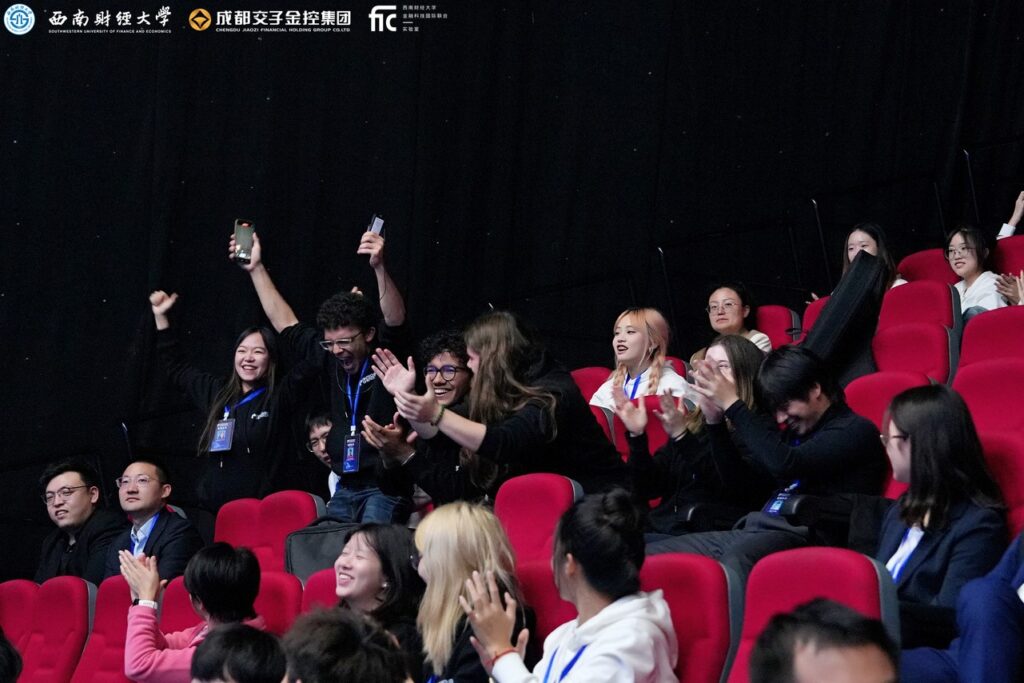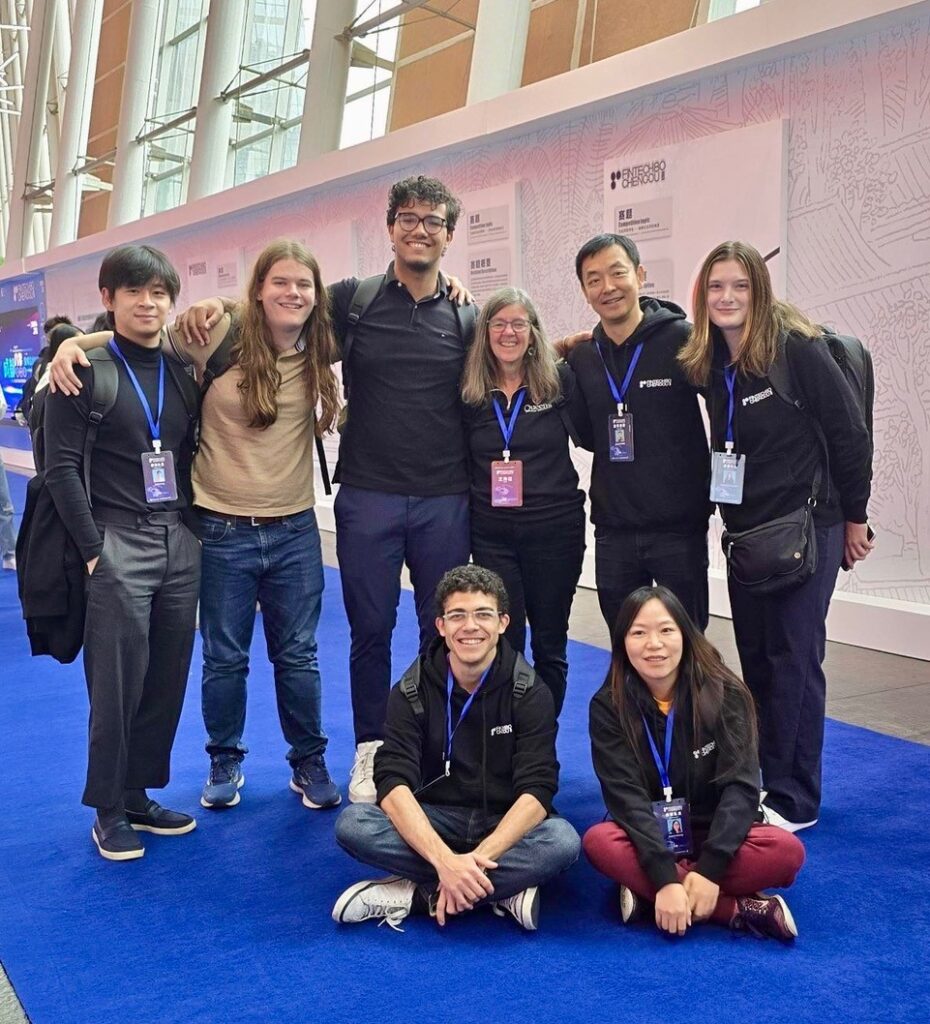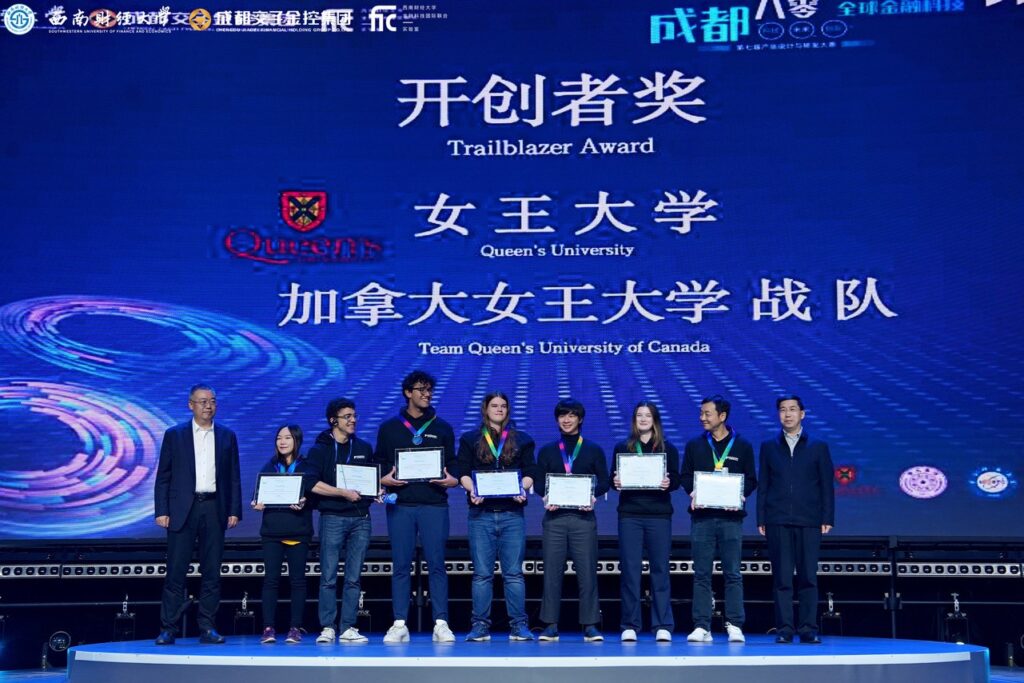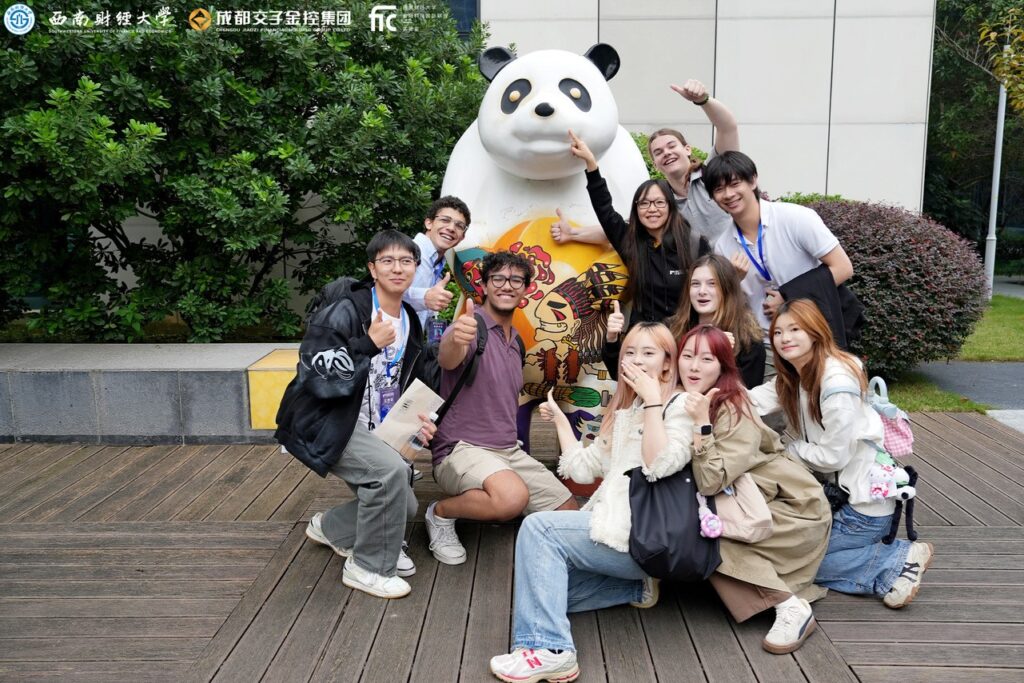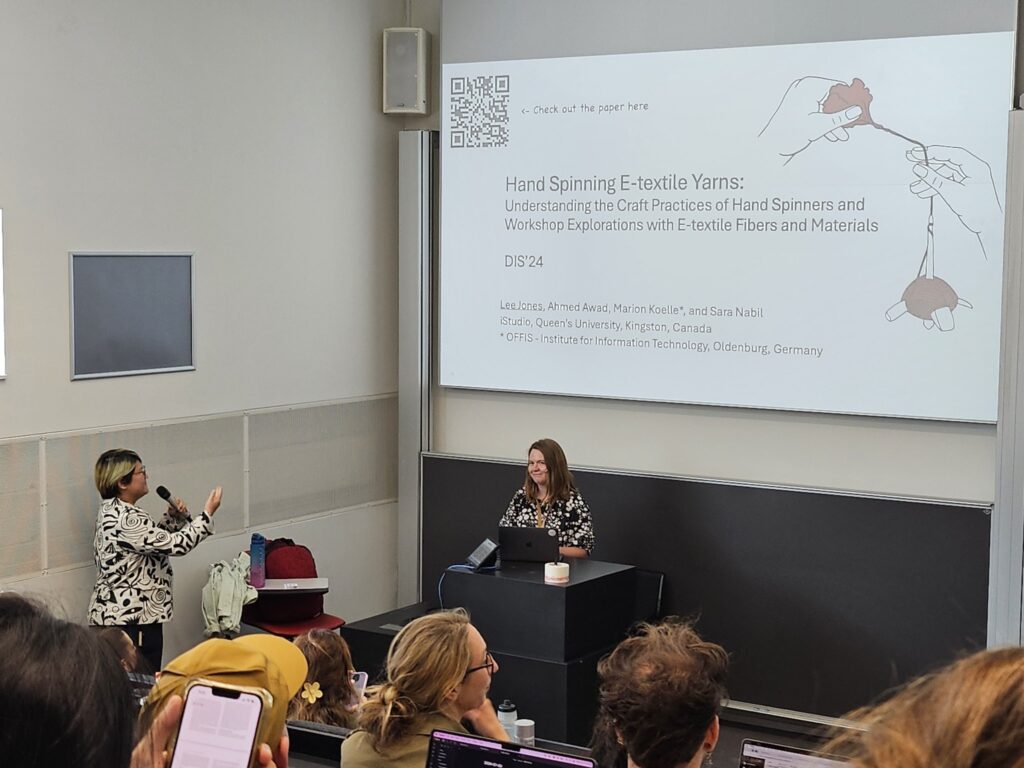Imagine adjusting the temperature of the air conditioning or skipping a song in your car, not by fiddling with a screen or voice command, but simply by swiping your hand across the fabric of your seatbelt.
It sounds futuristic, but this is the direction automotive design could be shifting towards — away from screens and buttons, and towards multi-touch textiles that sense your gestures and respond to them.
I am an interaction design professor and director of a research lab that develops smart textile technology. These textiles can transform how people interact with everyday objects and materials, including car interiors, by embedding touch-sensing stitches directly onto fabric elements.
These fabric-based interfaces can sense gestures like swipes, taps and presses, offering a safer and more intuitive alternative to touchscreen systems.
Touch screens and textiles
Advances in technology have led to the proliferation of screens for control and feedback in cars. In luxury cars, these screens are progressively becoming more advanced. Elon Musk’s Tesla, for example, has famously moved most vehicle controls onto a central touchscreen.

While this makes for a sleek interior, it’s not necessarily safer or easier to use.
My colleagues and I conducted a user study that showed how interacting with touchscreens while driving can significantly increase distraction and lane deviations. You have to take your eyes off the road, locate the button (while the car is moving and vibrating) and confirm the change, diverting your attention from what really matters.
As a multidisciplinary team of researchers — from electrical engineering and computing to art and design — who study human-computer interaction, we explored 3D-embroidery technology and computational design of e-textile sensors.
Inspired by traditional crafts, smart materials can be used to incorporate interaction as part of the process itself. In this way, we are able to digitally design multi-touch embroidered sensors (stitched using conductive thread into automotive materials like leather) to support wireless gesture-based control.
Technologies like 3D printing and laser-cutting help manufacture and prototype new products. Similarly, we have developed new fabrication methods in smart textile design, from e-sewing and e-serging to WovenCircuits.
These novel techniques support the integration of electronic threads while machine sewing, serging and overlocking, or weaving with little to no need for post-fabrication assembly of sensors or other parts.
Touch control
Voice input is a popular method for controlling devices and machines, but in vehicles, it’s neither reliable nor safe. Voice recognition technology has come a long way, but is still considered by scholars as an “unfulfilled promise.” For voice input to perform well, the user needs to be a native English speaker, in quiet surroundings and have a clear voice.
While voice input may work well during the software development and testing of those systems, real-world scenarios are different. Think of a user with loud children in the back seat, people with different accents, or what happens when driving through a loud construction zone.
Rather than using voice, screens or other inputs, our lab researched whether a car’s interior could become the interface. We digitally embroidered e-textile sensors onto faux leather seat and steering wheel covers and seatbelt pads.
For proof-of-concept, we designed three prototypes that control media while driving, with touch-sensing stitches that could play or pause audio, skip to the next track and adjust the volume. Our design was wire-free, relying solely on conductive thread, connected via Bluetooth and fully customizable to any vehicle.
Future applications
Our research lab develops touch-responsive interactions with everyday objects as part of a larger push towards designing interactive interior spaces. This is also known as “interioraction” and near-future “decoraction”.
From stained-glass animation that act as information displays to interactive garments that support people with physical disabilities, some of these designs go beyond aesthetics and functionality. They open up new ways to think about usability, accessibility, and the way we design future tech.
E-textiles have applications that range from delivering health care to transforming any kind of object into a smart one. Circuits can be sewn into pre-existing textiles or rugs can be woven to detect accidental falls and send signals. Seat covers can detect pressure to subtly correct posture.
In these ways, smart textile designers are making future technologies less intrusive and more accessible and fun to interact with.![]()
Sara Nabil, Assistant Professor of Human-Centered Computing, Queen’s University, Ontario
This article is republished from The Conversation under a Creative Commons license. Read the original article.
